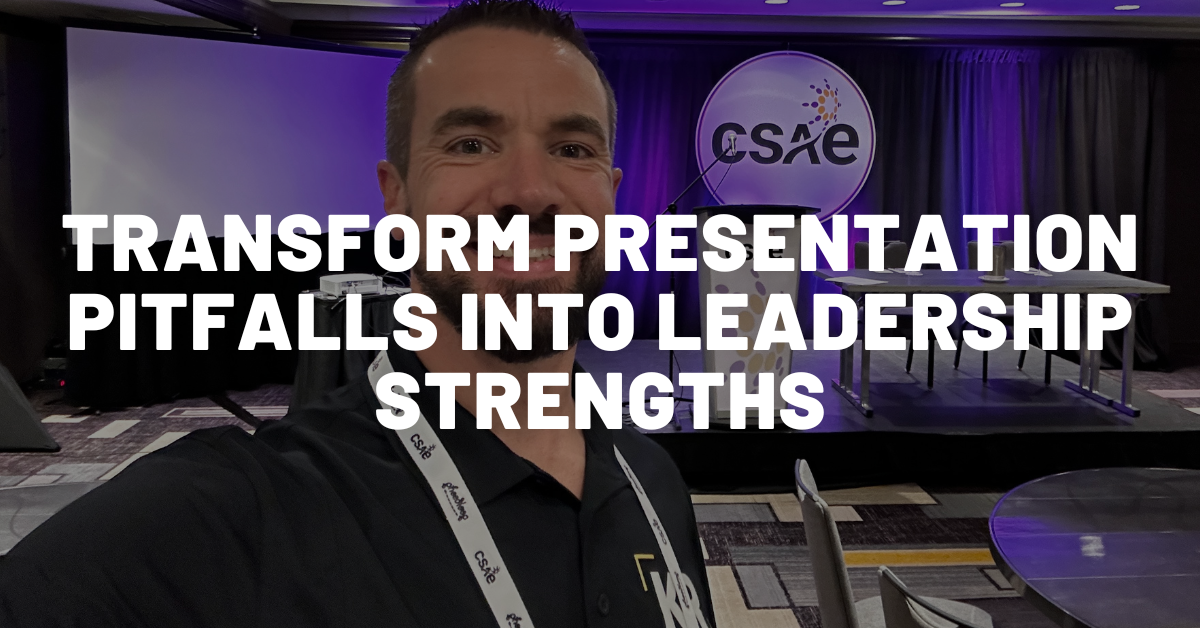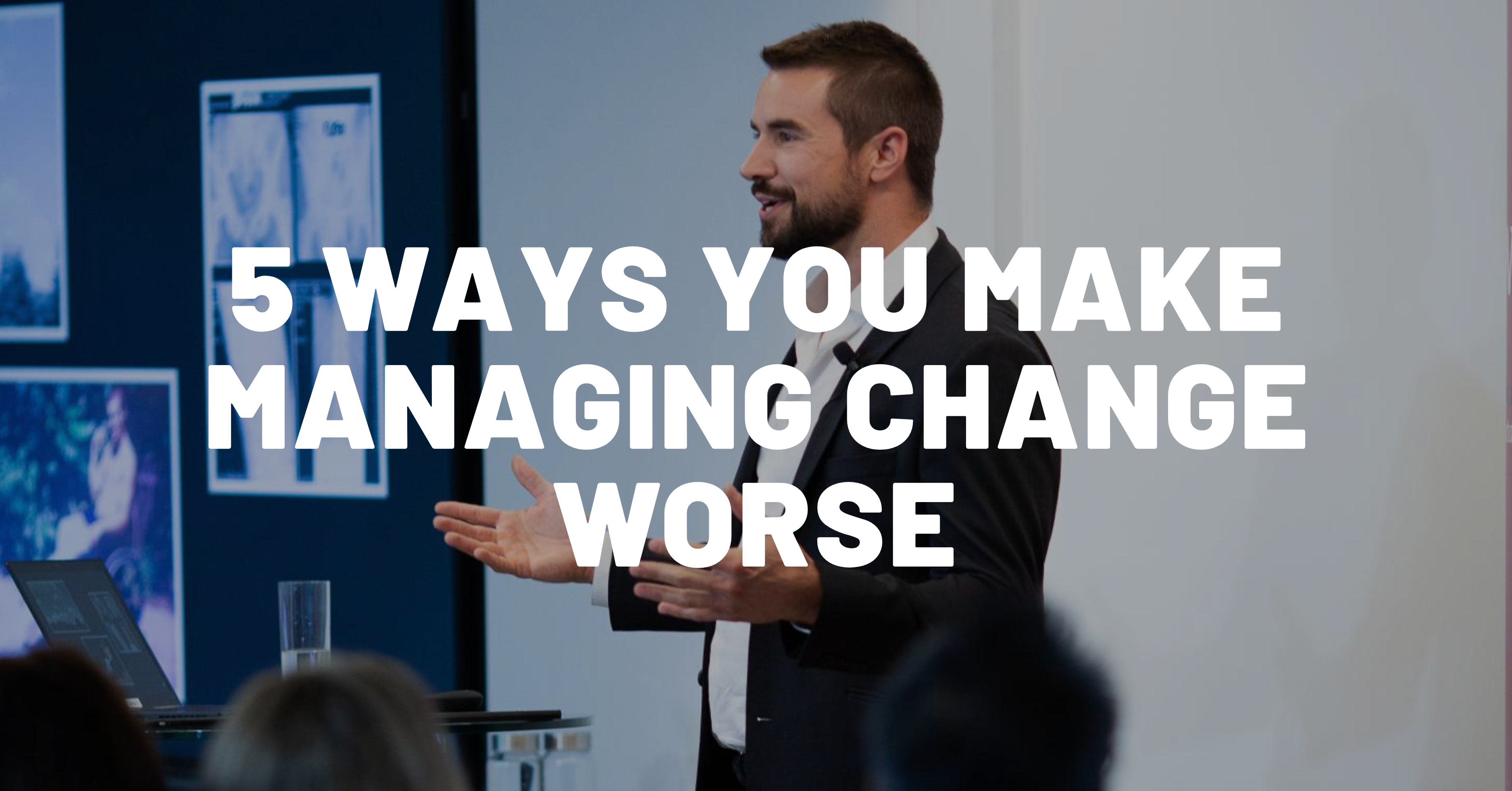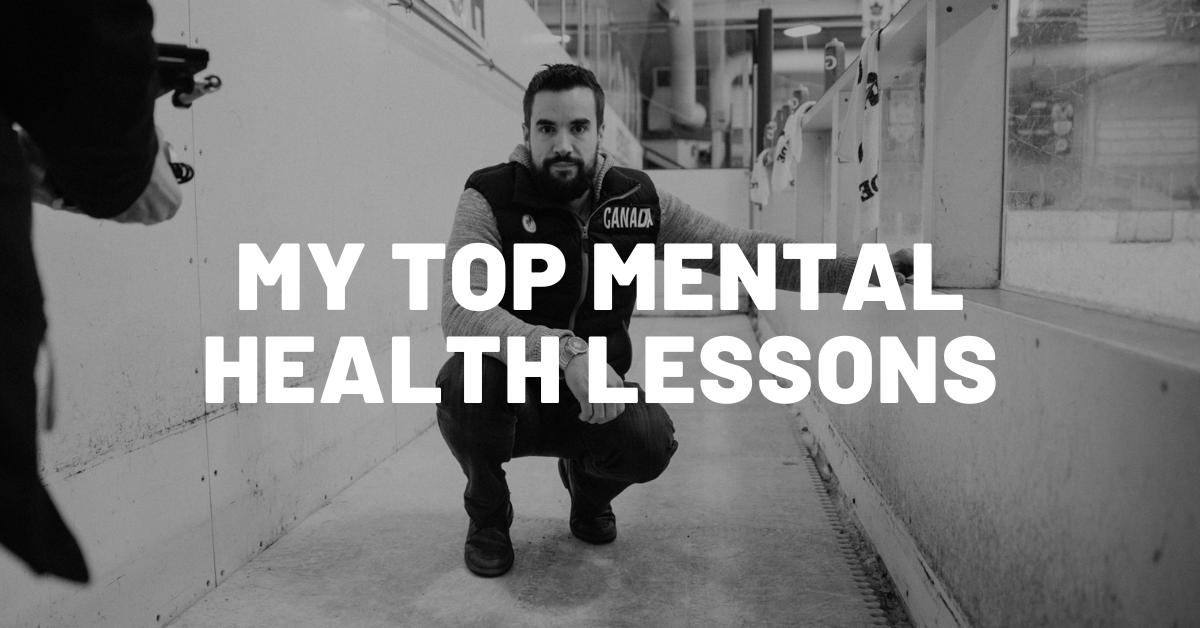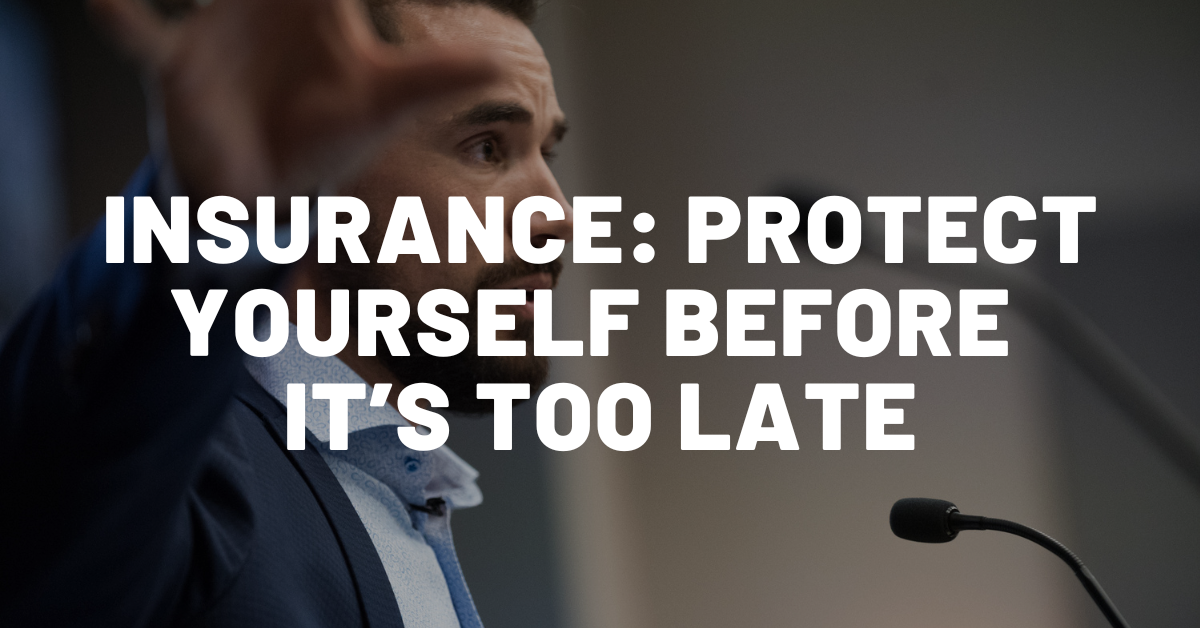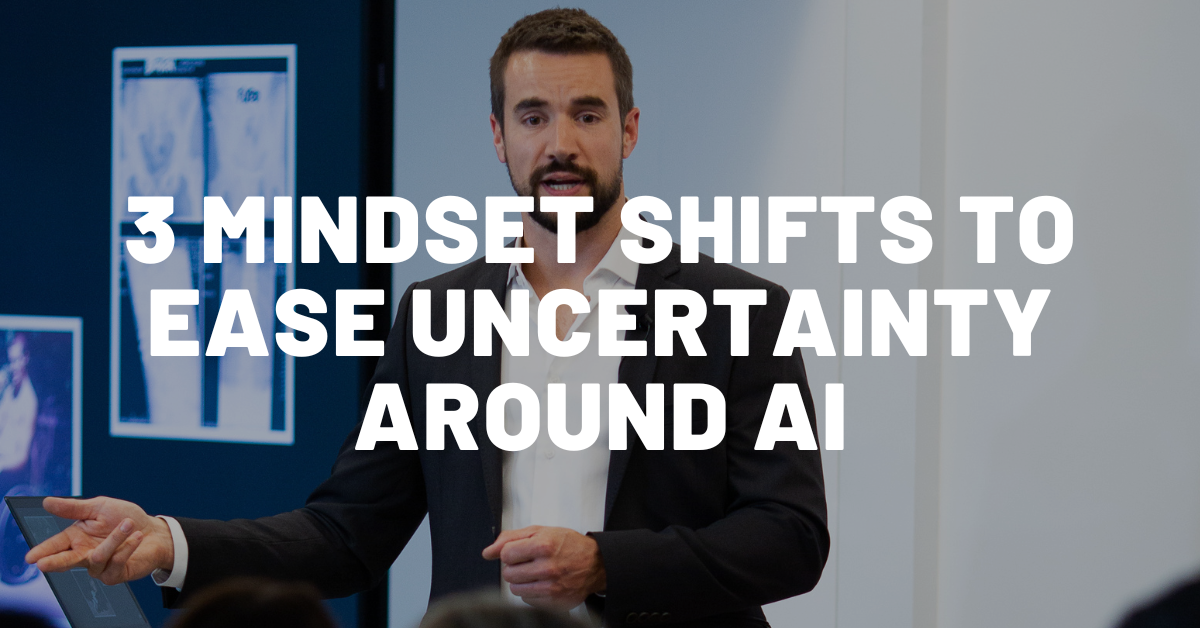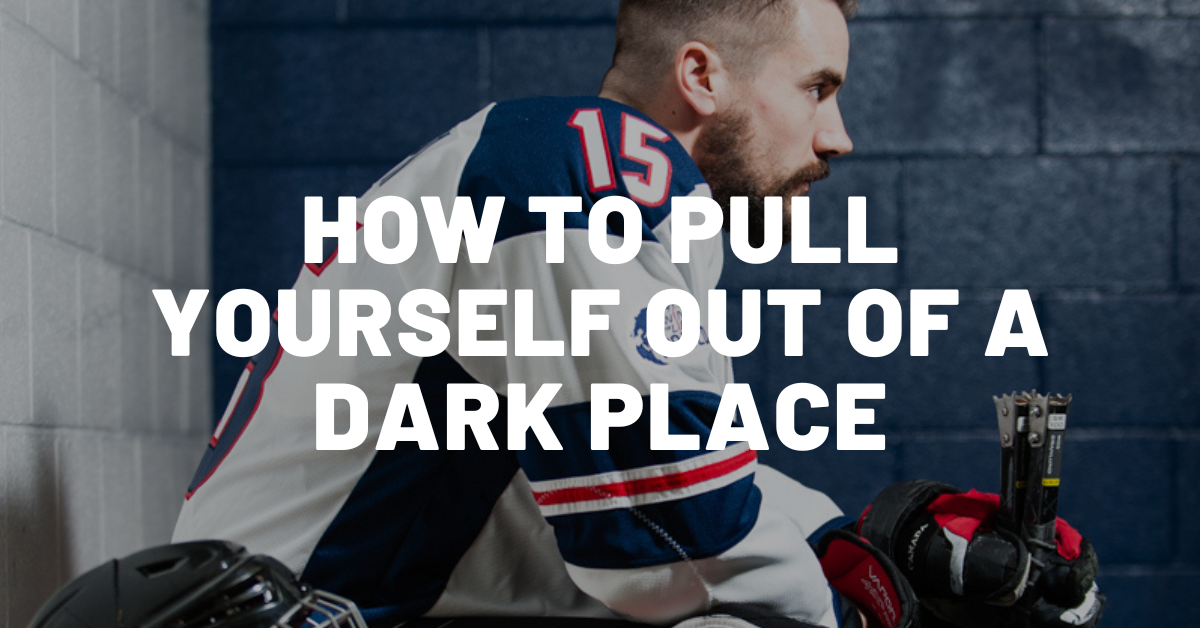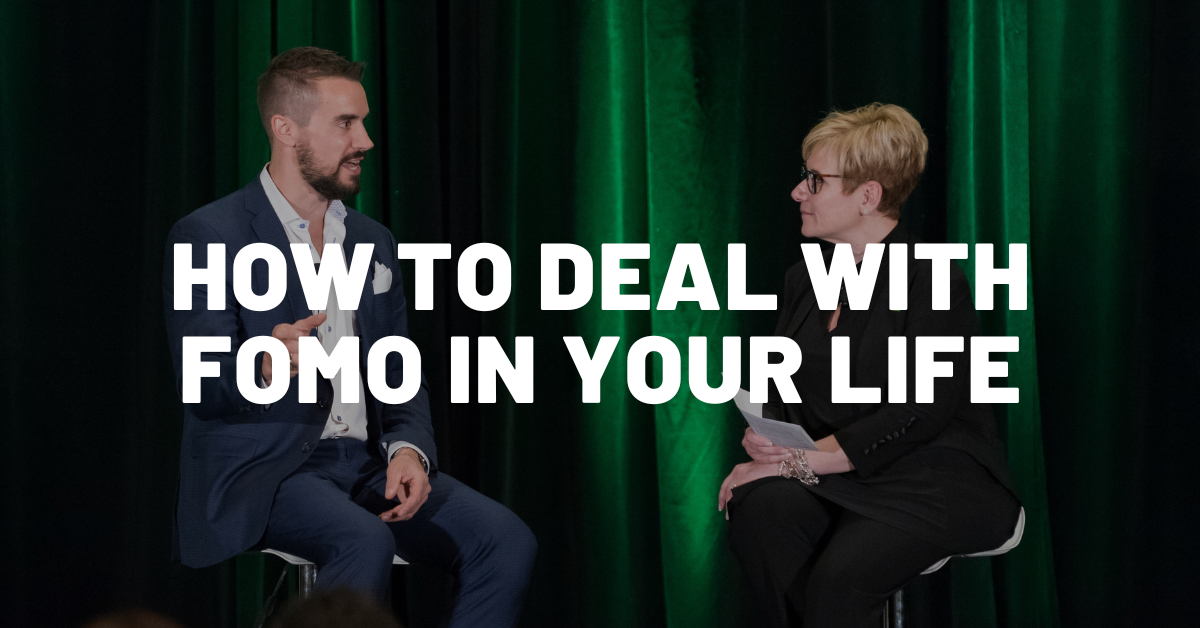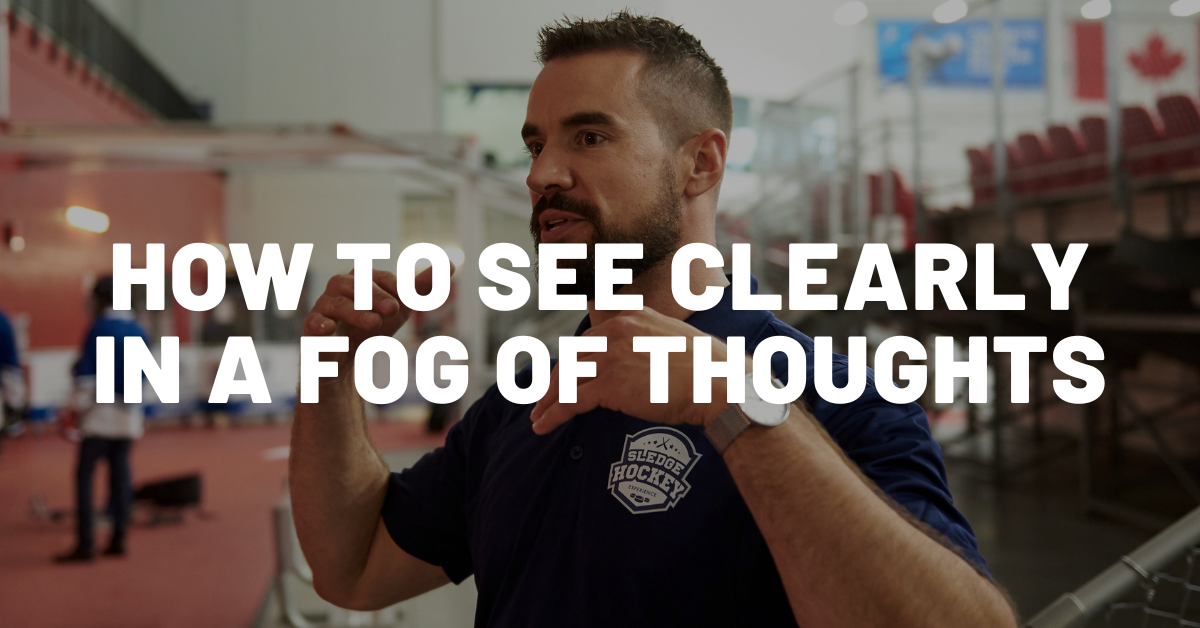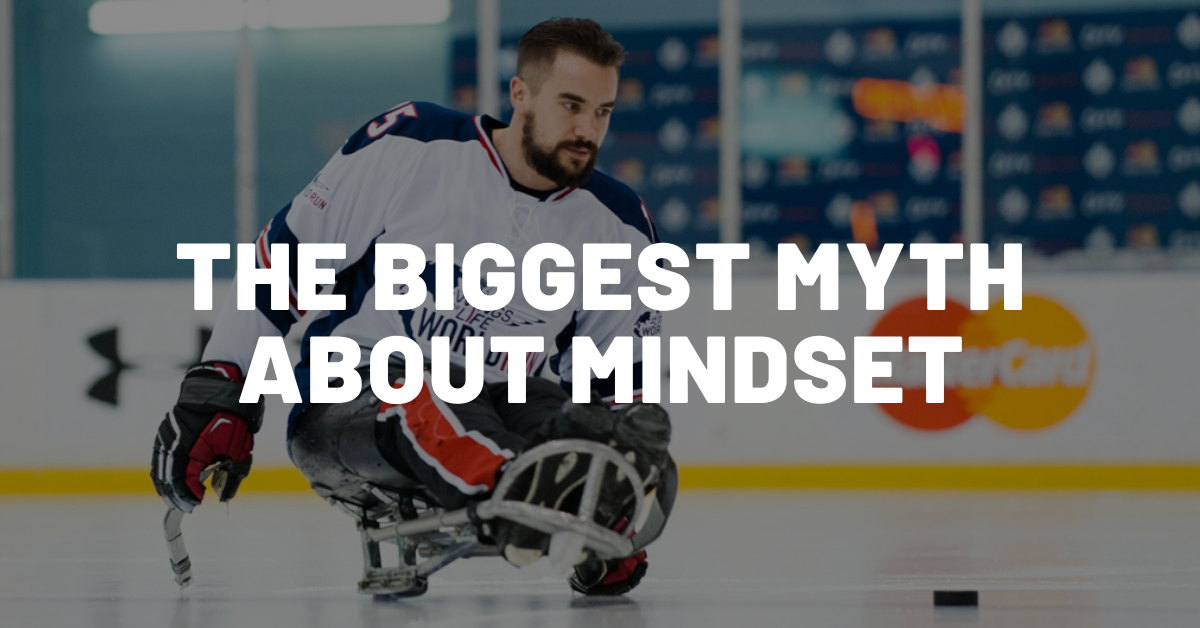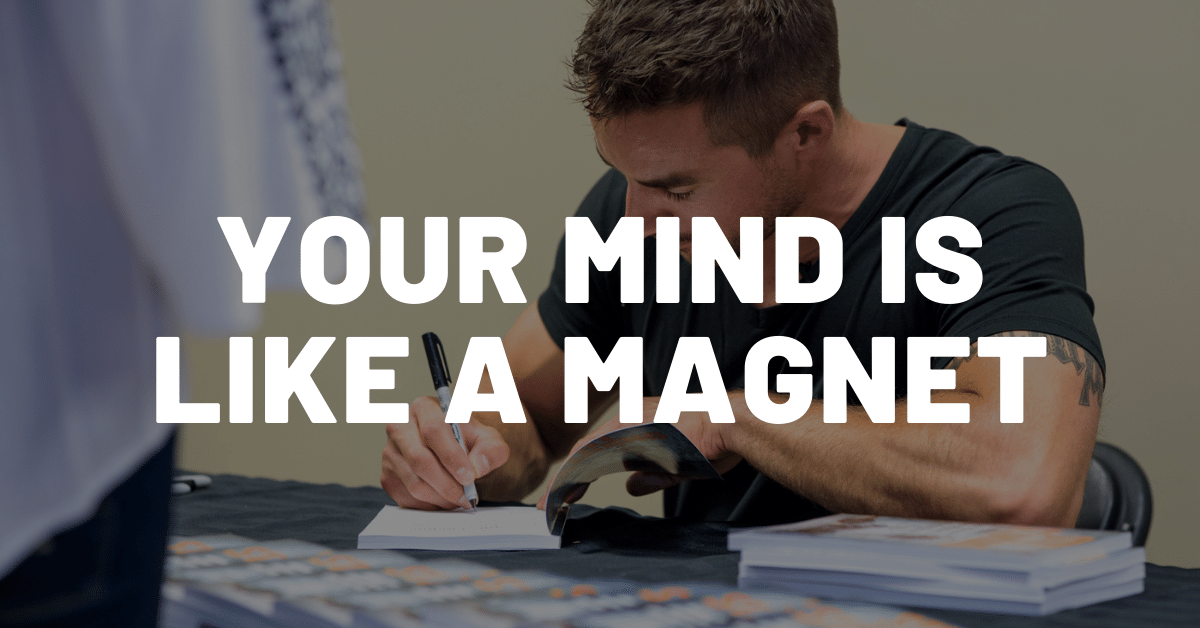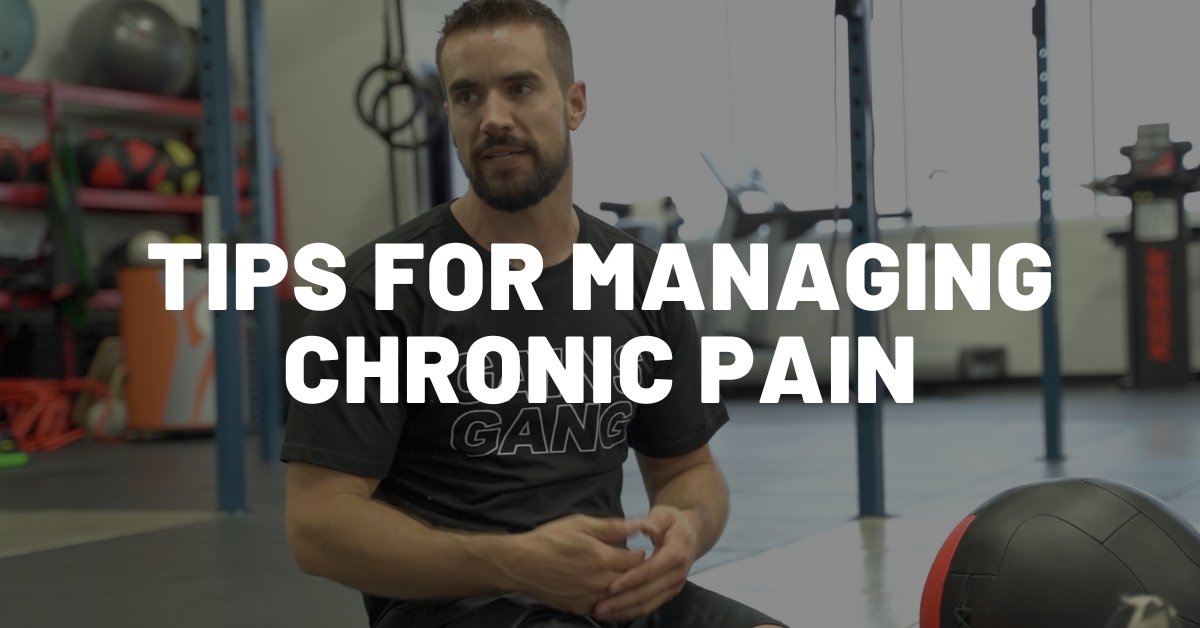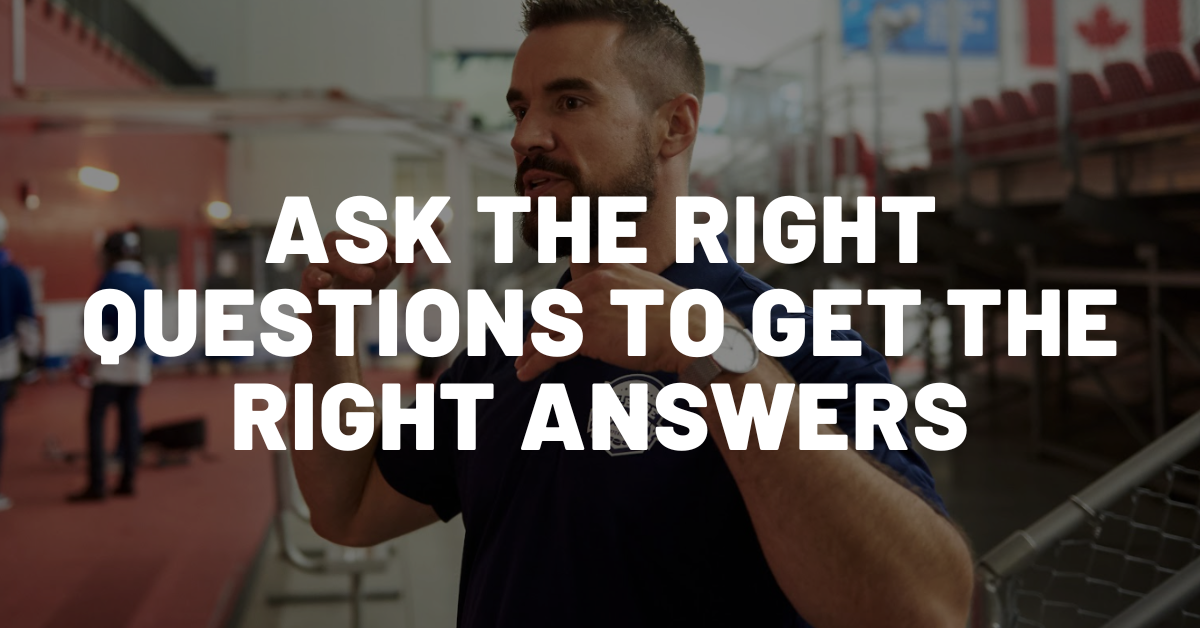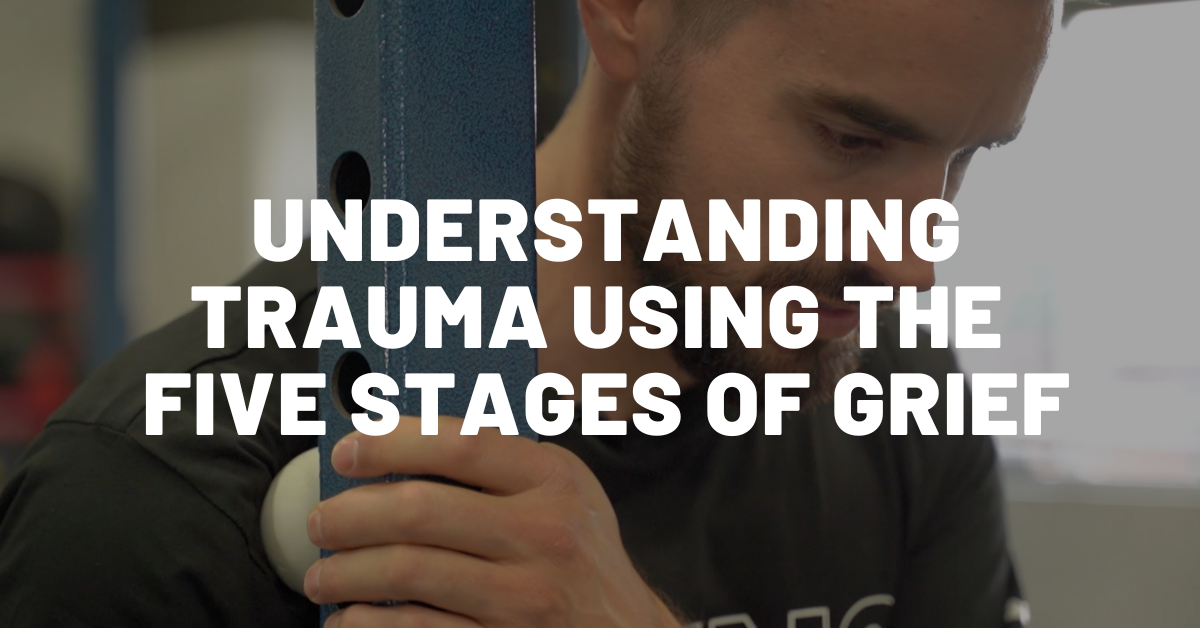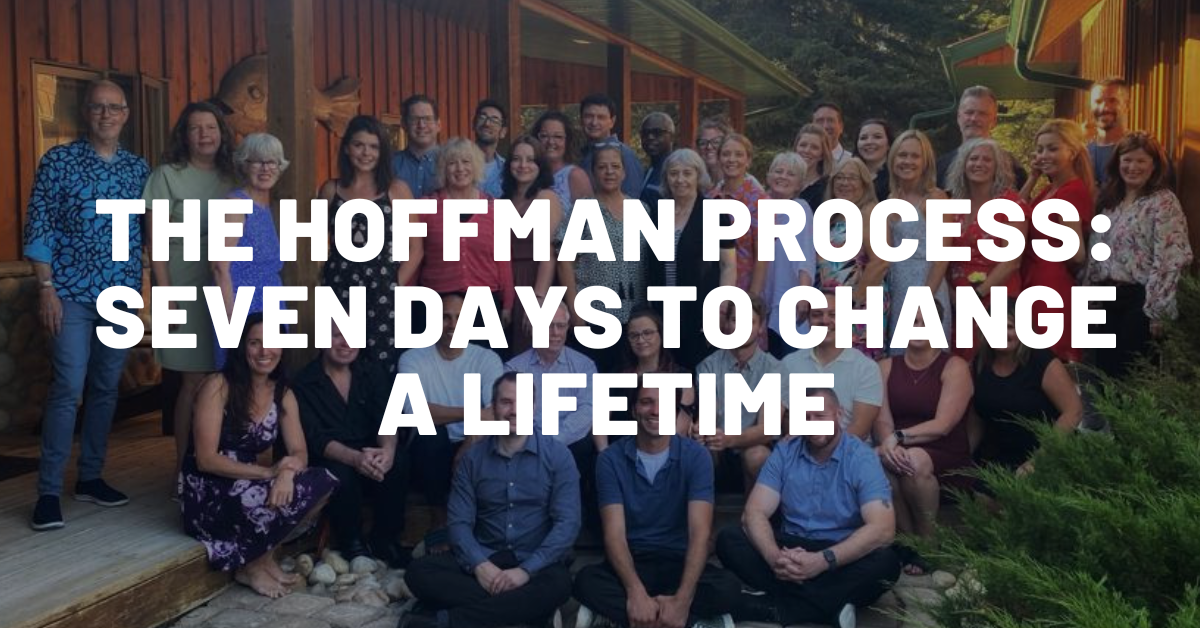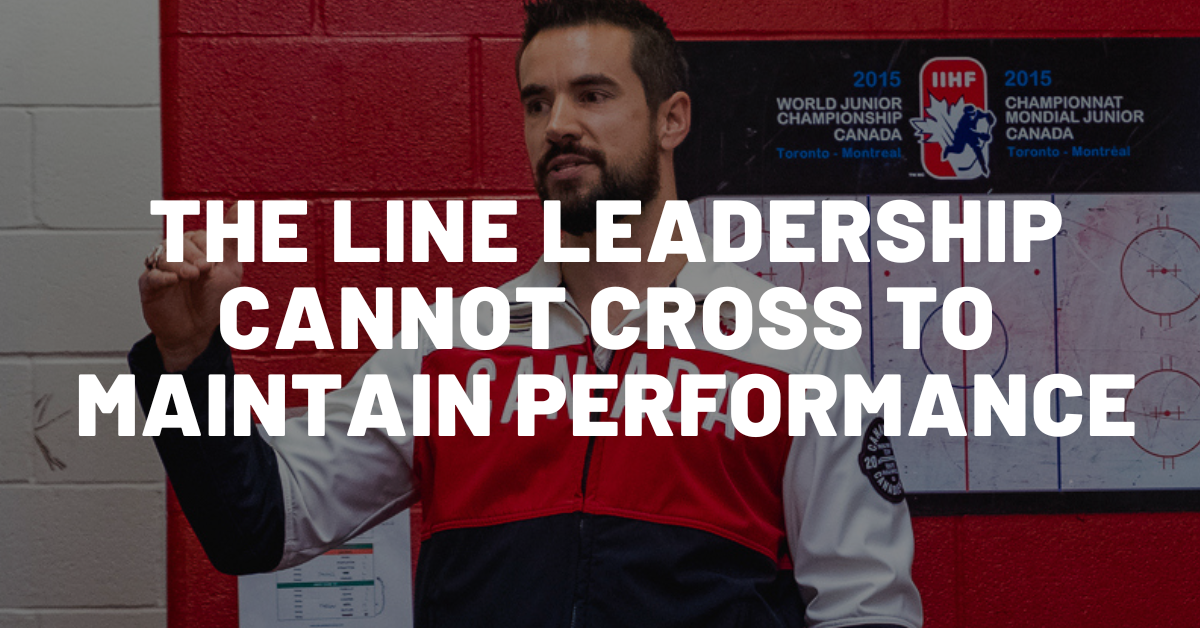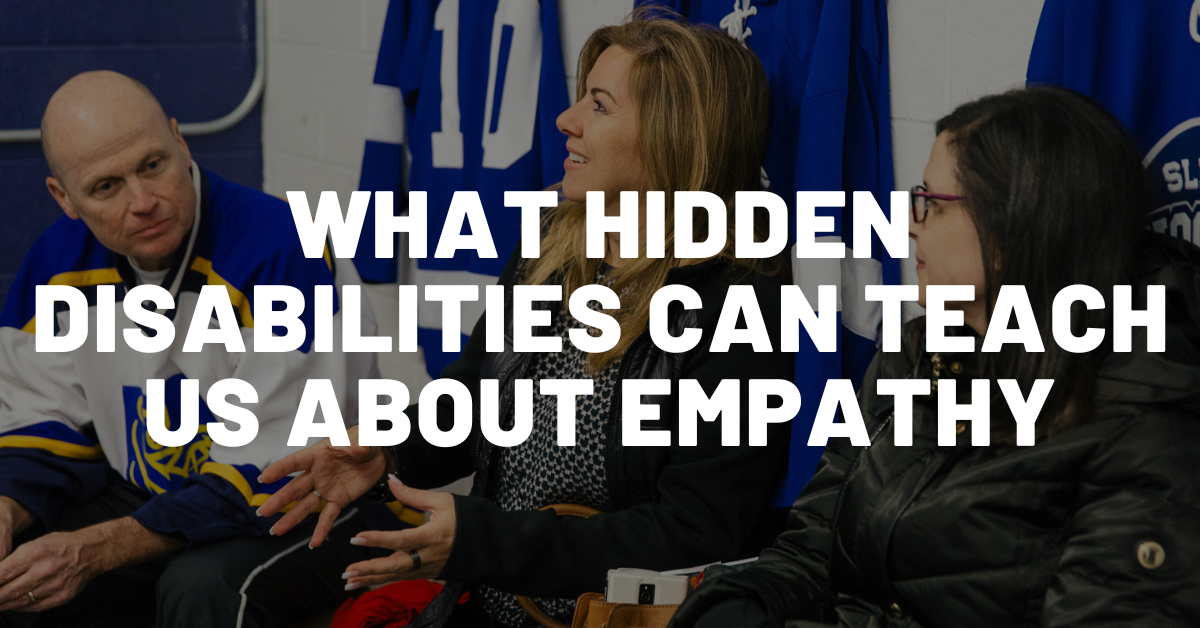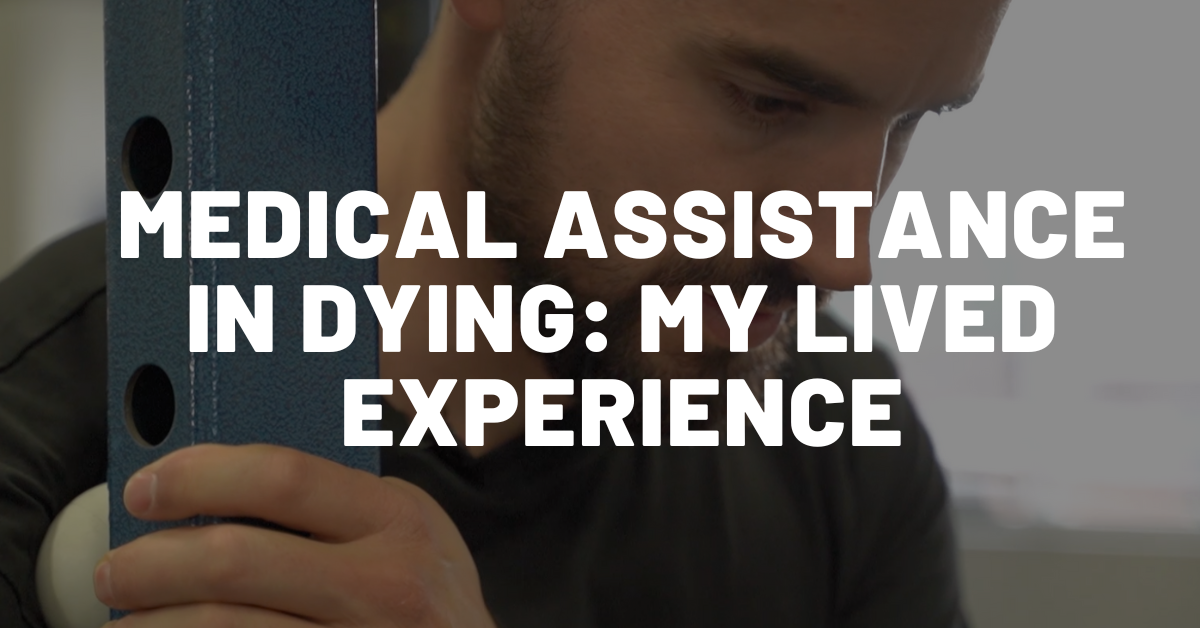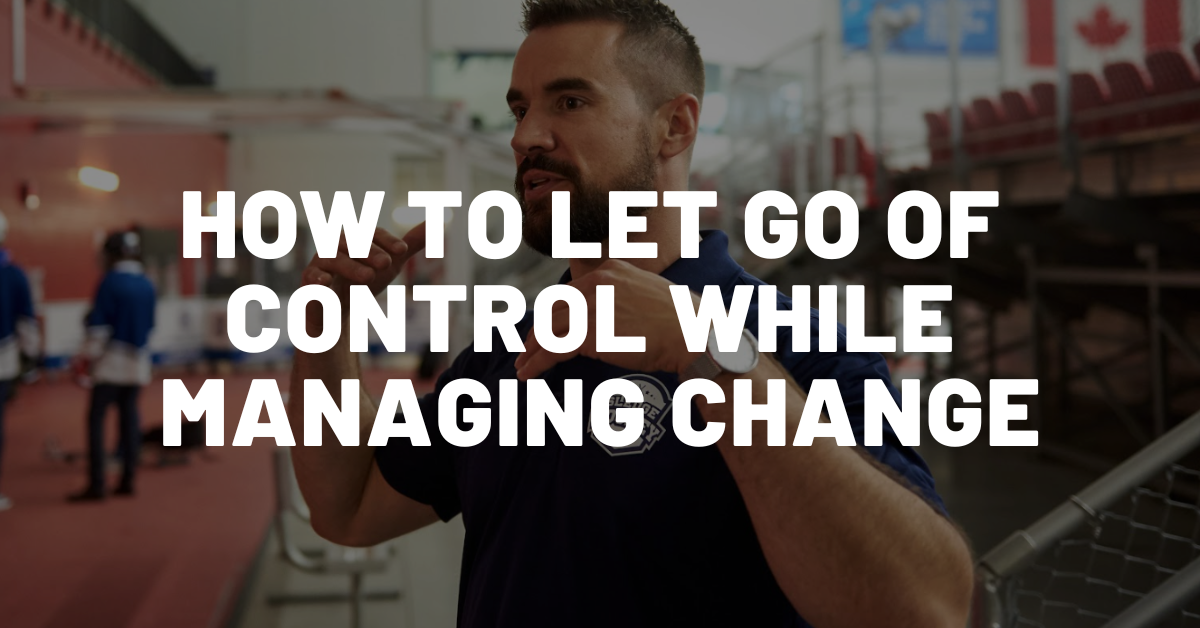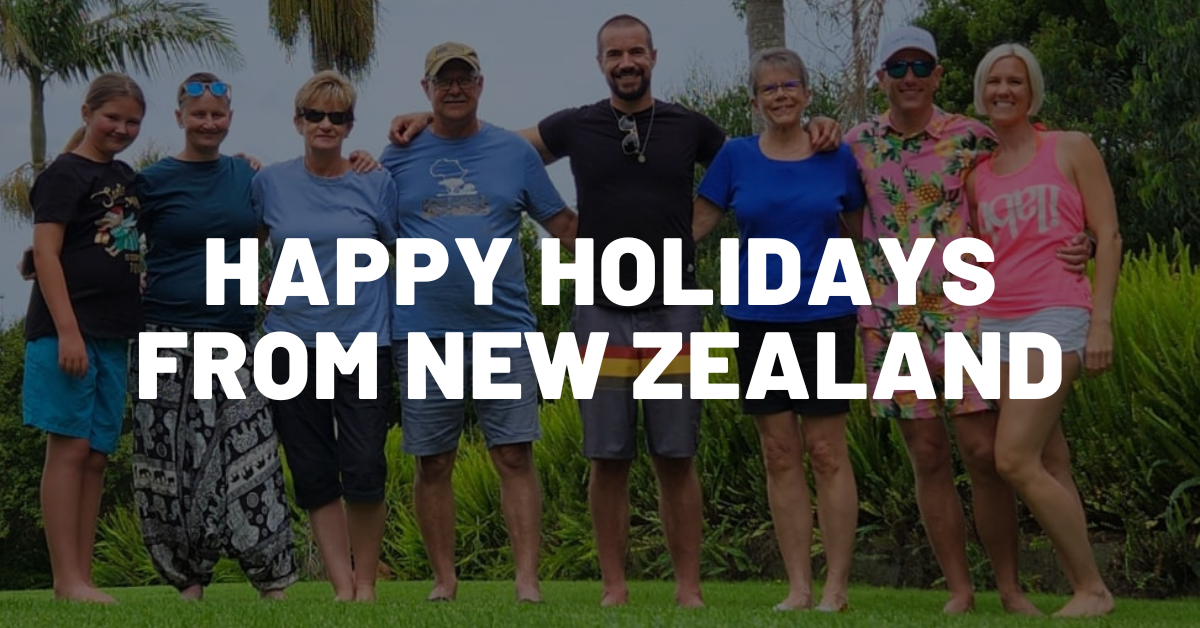The post-Olympic crash is real! It was something that was so far out of my thoughts that I would ever have to deal with that problem when I was competing. I completely pushed it out of the back of my mind. I said “there’s no way that’s going to happen to me. I’ve got everything figured out and if I do encounter any kind of challenges, they aren’t going to be that big and I can handle it all on my own.”
What I want to tell you today is that if you’re an athlete competing at any level, but especially if you’re an athlete who is going to PyeongChang to the Olympics or the Paralympics, understand that you’re very susceptible to dealing with post-Olympic depression.
What I want you to start thinking about is that you might feel like you’re too busy, that it’s not important or not important right now to think about and understand that trying to work on this later is, in fact, too late to deal with the situation. You want to be proactive in the situation of dealing with this that can happen to you when the games are over or when you don’t meet your goal.
I played five years for Team Canada. I played in Sochi. I helped earn a bronze medal for Canada in our sport and I thought everything was going to be good. I thought I was going to be done. I thought my speaking engagements were going to go up, I was going to get full fee at the door every time, I was going to publish my book and I wasn’t going to have any trouble writing my book. Everything was going to be easy.
I had to hit rock bottom where I was in the emergency psychiatric ward at St. Joseph’s hospital at Hamilton, Ontario before I was able to snap out of it.
Everything quickly fell apart. I ran out of money. I stopped training because, in my mind, the Olympics are done; now I can go do what I want. I was starting to hang out and party more and spend less time in the gym. When I got into this post-Olympic depression, it was so hard to get over it. In fact, I had to hit rock bottom where I was in the emergency psychiatric ward at St. Joseph’s hospital at Hamilton, Ontario before I was able to snap out of it.
What I want to do today is share with you three things that you can and/or should be thinking about today to help prepare yourself for when that day will come, because it’s going to come.
1.
What I want you to start thinking about is start brainstorming. Start thinking ahead of what you want your life to look like. What could your life look like following sport because you’re going to have several opportunities, especially if you’re already succeeding at a high level. So many employers see the intangibles of what an athlete can bring to the table for them. Your dedication, your attention to detail, your work ethic. That’s a good thing. You have more opportunities than you realize.
Start thinking about what am I doing today that can help me in the future become that other person that I might want to be. In this time leading up to the games or when you’re in sport and you’re excelling is one of your very best times to network because people are so engaged with what you’re doing and they want to be a part of that journey. Make sure you leverage these opportunities these days today to start that networking that can actually benefit you beyond sports.
2.
I want you to start thinking about is acceptance. You to accept the outcome before it happens. I need you to accept failure before you fail. I need you to accept a second-place finish if you don’t make it. I need you to accept the injury before the injury happens. Those things are all a very real possibility and if you are being naïve, thinking that it’s not going to happen to you, or that you had this picture-perfect moment in mind of how everything is going to go, we all know… If you’re a real high performance athlete, you need to understand that things can happen.
3.
I want you to think about what resources you have available and especially if you’re a Canadian athlete, I want you to know about Game Plan. Game Plan is a program created between the Olympic Committee, the Paralympic Committee, to help athletes, both during their careers and through the transition period. What Game Plan does is it helps connect you with employers, it helps provide resources like resume-writing skills and mental health support. If you’re struggling, you can get connected to what’s called … A psychiatrist or a psychologist that can even help you with your performance.
I want to help debunk the myth that it’s not going to happen to me, that I’ve got it all figured out and that I don’t need help. Understand that it’s not for sure going to happen to you, but there is a very high chance that you will struggle in some way. I just want you to be prepared and to be in the best position you can so when that day comes, either (a) prevent it, best case scenario, or (b) understand how you can deal with it.
In summary, start thinking ahead of what can you do for life after sport. Start thinking about acceptance about how can you accept the outcome, whether it works out in your favor or not. Look up Game Plan and grab a pen and paper, start writing your ideas down, reach out to other athletes because I know that someone like myself that has been through it, we want to help people like you.
Good luck at the games!
— — — —
About Kevin Rempel:
Paralympian, keynote speaker, and founder of the corporate team building program, The Sledge Hockey Experience, I help people change their perspective about life and people with disabilities. Visit www.kevinrempel.com for more information.

